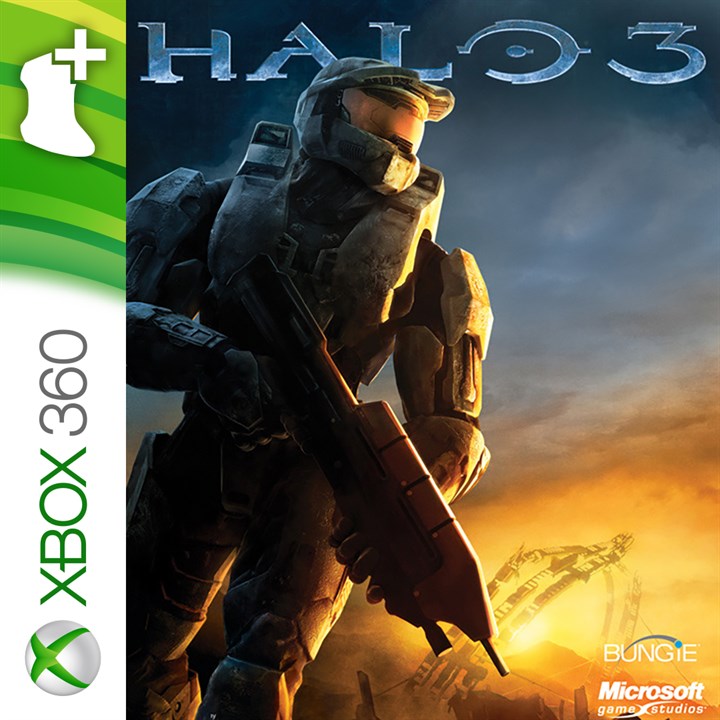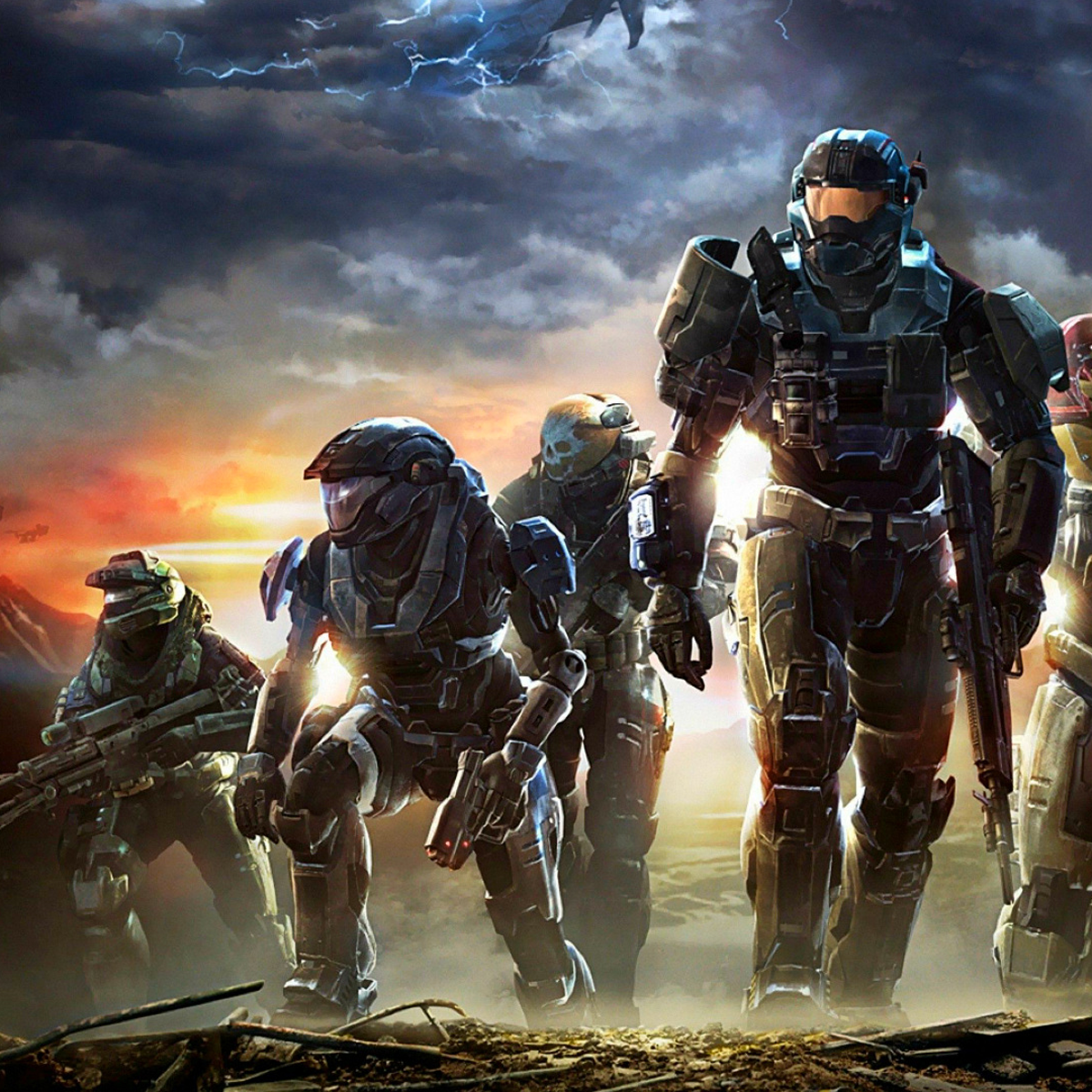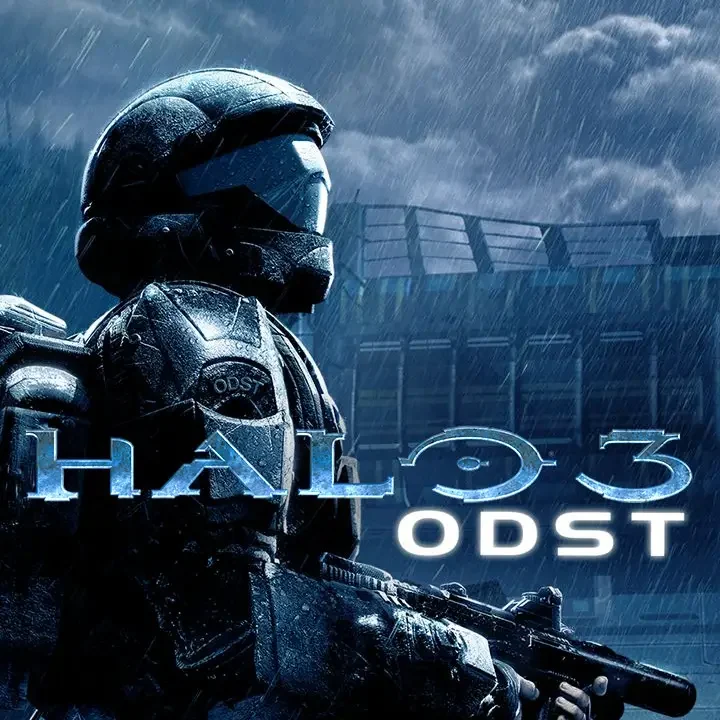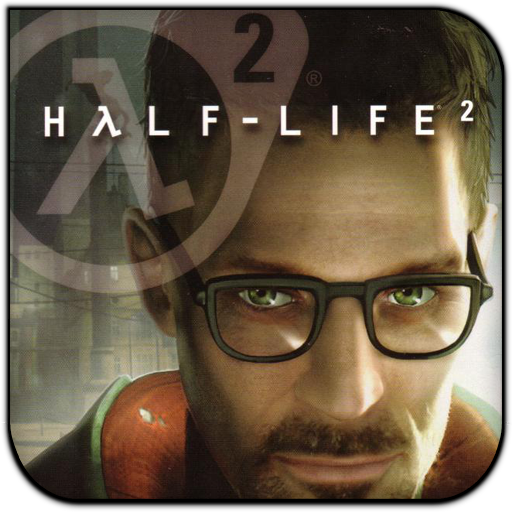Few video game franchises can claim the same level of cultural and artistic impact as Bioshock. This critically acclaimed series masterfully weaves intricate storytelling, innovative gameplay, and deep philosophical themes into unforgettable experiences. Whether venturing through the underwater dystopia of Rapture or the floating, idealistic city of Columbia, players are transported to richly imagined worlds that challenge their perceptions of morality, agency, and society.
In this article, we will dive deeply into the history, mechanics, characters, and cultural significance of Bioshock. Along the way, we’ll uncover why this franchise remains a beloved cornerstone of gaming.
The Origins of Bioshock
Understanding the roots of Bioshock is crucial to appreciating its legacy. The franchise didn’t appear out of thin air; it was born from a bold vision and tireless innovation.
Ken Levine’s Vision for Bioshock
At the heart of Bioshock lies the vision of Ken Levine, a creative director known for his ambition and storytelling prowess. Levine’s influences were diverse, drawing from literature, philosophy, and art. His goal was to create more than just a game—he wanted an immersive experience that would provoke thought and evoke emotion.
Levine looked to works like Ayn Rand’s Atlas Shrugged and George Orwell’s 1984 to shape Bioshock’s narrative. The result was a series that posed complex questions about morality, free will, and societal structures. Levine’s approach set a new benchmark for narrative depth in video games.
Challenges During Bioshock’s Development
Developing Bioshock was no easy feat. The team faced numerous challenges, from technical limitations to crafting an engaging world. Building Rapture, a fully realized underwater city, required innovative solutions to simulate water physics, lighting effects, and environmental soundscapes.
These hurdles only fueled the team’s determination. By embracing creativity and pushing boundaries, the developers delivered an experience that felt groundbreaking upon release.
How Bioshock Set a New Standard
When Bioshock launched in 2007, it wasn’t just a game; it was a revelation. The industry praised its ability to merge storytelling, player agency, and gameplay mechanics seamlessly. It demonstrated that video games could be a powerful medium for exploring complex themes, establishing a new standard for the industry.

The World of Bioshock: Rapture
Few settings in gaming are as iconic as Rapture. This underwater city is more than a backdrop—it’s a character in its own right, teeming with personality, mystery, and decay.
Art Deco Aesthetic of Bioshock’s Rapture
Rapture’s Art Deco design is instantly recognizable, transporting players to the elegance of the 1940s. The city’s golden accents, towering skyscrapers, and intricate detailing evoke a sense of grandeur and ambition. This visual identity contrasts beautifully with the city’s tragic downfall, creating an atmosphere that feels both majestic and haunting.
Themes of Dystopia in Bioshock
At its core, Rapture represents a failed utopia. Andrew Ryan, its founder, envisioned a society free from government control, where individuals could achieve greatness without restriction. However, unchecked ambition and moral compromise led to the city’s collapse.
The game explores themes like objectivism, greed, and the cost of idealism. These ideas resonate deeply, prompting players to reflect on real-world parallels.
Atmosphere and Environmental Storytelling
Rapture’s atmosphere is unparalleled. The dimly lit corridors, dripping water, and eerie audio cues create a palpable sense of dread. Every corner of the city tells a story, from the abandoned living quarters to the graffiti scrawled on the walls. Audio logs scattered throughout the game provide insight into the lives of Rapture’s inhabitants, immersing players further in its tragic history.
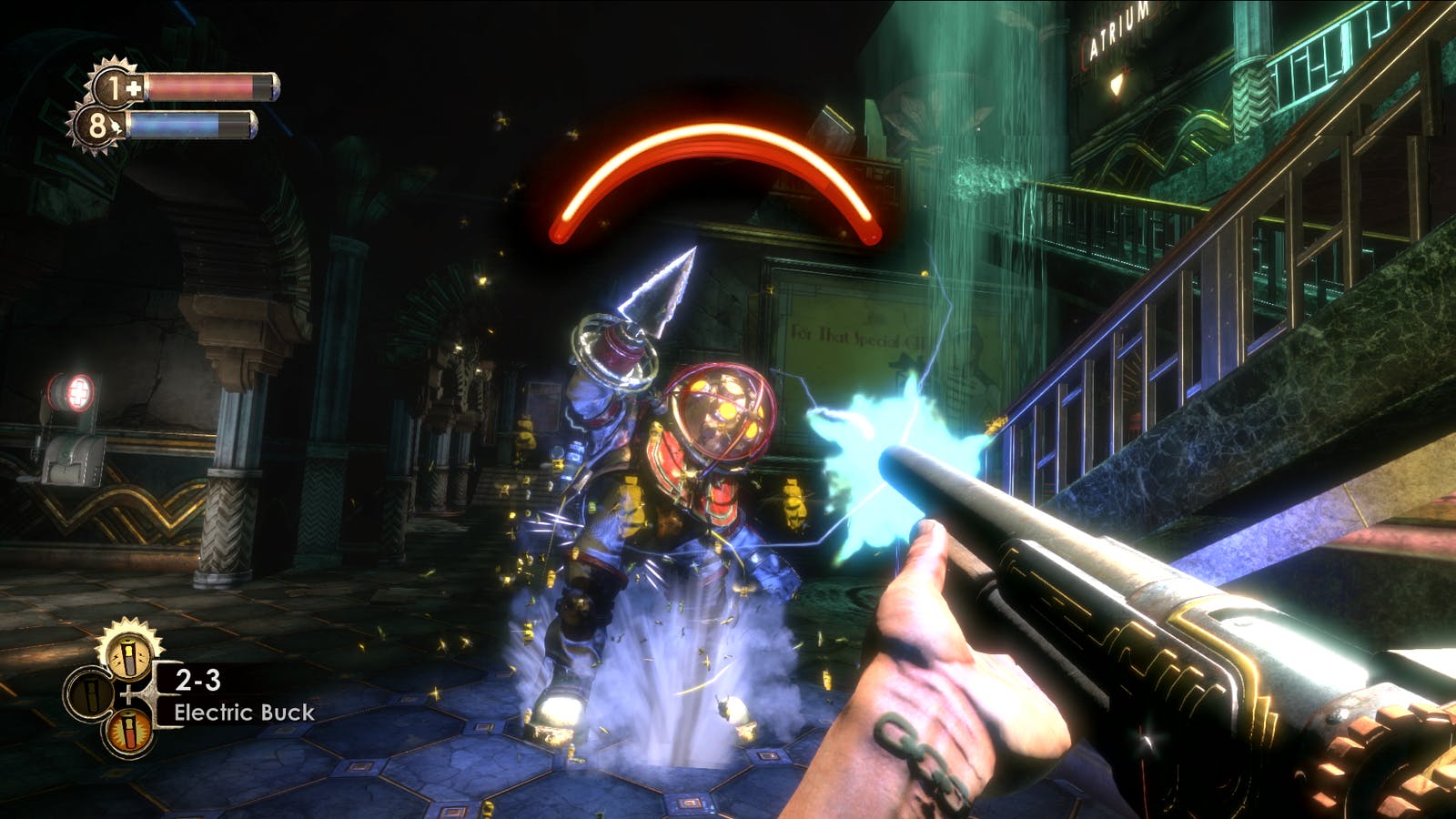

Characters That Define Bioshock
The characters in Bioshock are as memorable as its setting. Each one adds layers of complexity to the narrative, ensuring that players remain emotionally invested.
Andrew Ryan’s Philosophy in Bioshock
Andrew Ryan, the visionary behind Rapture, is one of gaming’s most compelling antagonists. His ideology, rooted in objectivism, drives the city’s creation. Ryan’s famous line, “Is a man not entitled to the sweat of his brow?” encapsulates his belief in individualism and freedom from external control.
Ryan’s downfall is as tragic as it is inevitable. His unwillingness to compromise ultimately leads to Rapture’s destruction, making him a deeply flawed but fascinating character.
The Role of Atlas in Bioshock
Atlas begins the game as an ally, guiding the player through Rapture’s dangers. However, his true identity as Frank Fontaine, a manipulative crime lord, adds a shocking twist to the story. His deception highlights the game’s themes of trust and betrayal, leaving a lasting impression on players.
The Player’s Journey in Bioshock
The silent protagonist, Jack, serves as a vessel for the player’s journey through Rapture. The game’s infamous twist, “Would you kindly,” redefines player agency and challenges traditional gaming conventions. This moment forces players to question their own role in the narrative, making it one of the most memorable plot twists in gaming history.
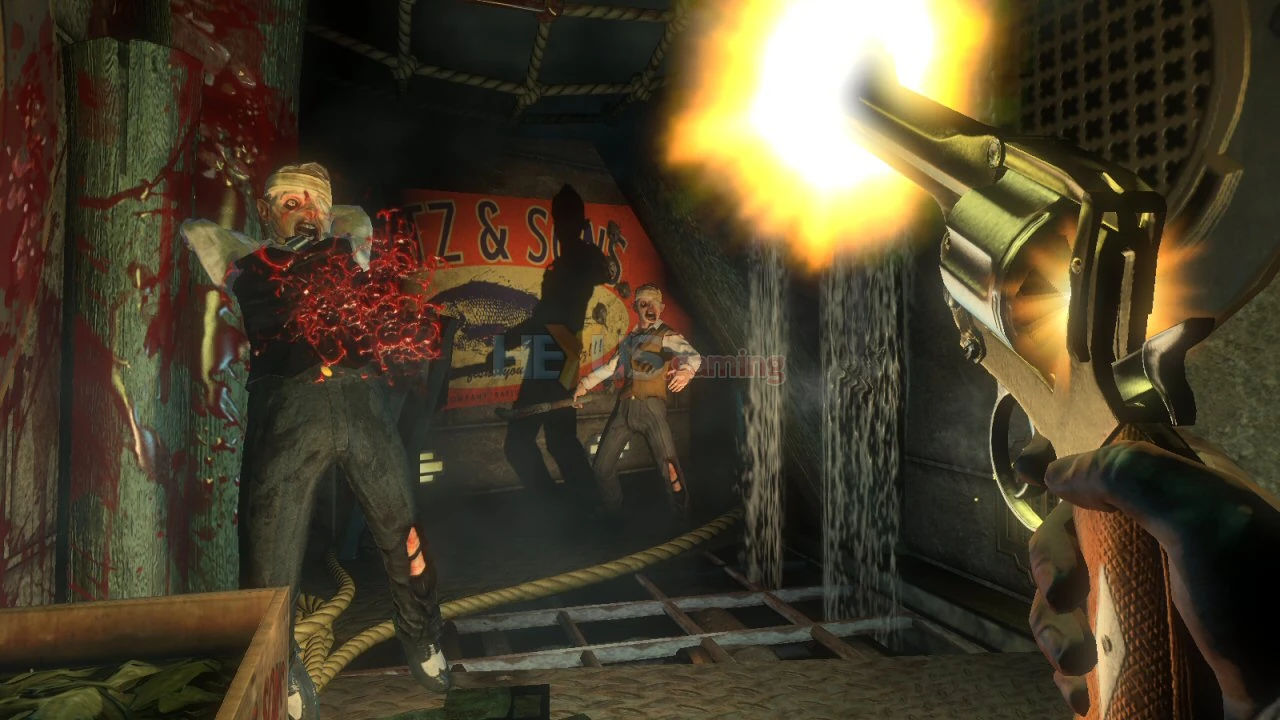

Bioshock Gameplay: Innovation and Engagement
While its narrative is a standout, Bioshock also shines in its gameplay mechanics. The game strikes a perfect balance between action, exploration, and strategy.
Plasmids and Combat in Bioshock
Plasmids, the genetic modifications available in Bioshock, add a layer of creativity to combat. Players can freeze enemies, set them on fire, or summon swarms of bees. This variety ensures that combat never feels repetitive, encouraging experimentation.
Moral Choices with Little Sisters
The Little Sisters present players with a moral dilemma: save them for a smaller reward or harvest them for greater power. These choices impact the game’s ending, adding weight to every decision. This mechanic forces players to confront their own values, making the experience deeply personal.
Exploration in Bioshock’s Rapture
Rapture’s open-ended design rewards curiosity. Hidden rooms, collectible audio logs, and side narratives encourage players to explore every inch of the city. This emphasis on discovery enhances the game’s replay value and immersion.
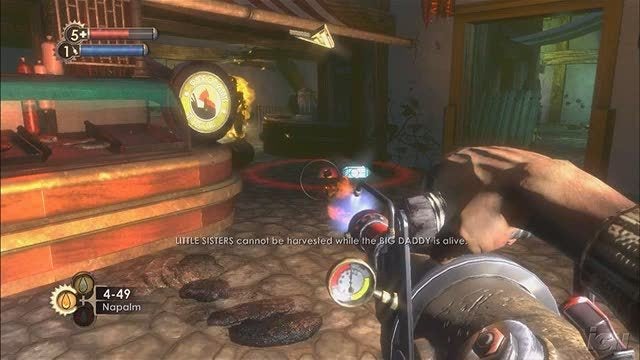

Bioshock Infinite: Taking the Franchise to the Sky
Bioshock Infinite expanded the series’ horizons, introducing a new setting, characters, and themes.
Columbia as a Contrast to Bioshock’s Rapture
Columbia, the floating city, contrasts sharply with Rapture’s dark and oppressive atmosphere. Its bright skies and patriotic imagery create an illusion of paradise. However, beneath its surface lies a society plagued by racism, inequality, and extremism.
Elizabeth’s Role in Bioshock Infinite
Elizabeth, the player’s AI companion, is a groundbreaking character. Her intelligence, charm, and emotional depth make her more than just a sidekick. Her powers to manipulate reality play a crucial role in both gameplay and narrative.
Exploring Multiverse Themes in Bioshock Infinite
Bioshock Infinite introduces the concept of parallel universes, adding complexity to its story. This theme challenges players to think about choice, consequences, and the nature of reality.


The Cultural Impact of Bioshock
Bioshock is more than a game; it’s a cultural milestone that continues to influence the industry.
Critical Reception of Bioshock
The series received universal acclaim for its storytelling, world-building, and gameplay. It frequently appears on “greatest games of all time” lists and has won numerous awards.
Bioshock’s Influence on Other Games
Many modern games, including Dishonored and Prey, draw inspiration from Bioshock. Its emphasis on narrative and player choice set a standard that others strive to match.
How Bioshock Stays Relevant
Even years after its release, Bioshock remains a touchstone in gaming. Remastered editions and ongoing discussions in pop culture keep the series alive for new generations of players.
The Future of Bioshock
Fans eagerly anticipate the next chapter in the franchise.
What to Expect from Bioshock 4
Rumors suggest that Bioshock 4 will introduce a new setting and fresh characters. However, fans hope it retains the franchise’s signature depth and innovation.
Challenges for the Bioshock Franchise
Balancing innovation with legacy will be critical for the series’ success. The team behind Bioshock 4 must honor its roots while pushing the boundaries of modern gaming.
Fan Theories About Bioshock’s Future
Speculation runs rampant among fans. Theories about the next setting and storylines keep the community engaged and excited for what’s to come.


Conclusion
Bioshock is a landmark achievement in gaming, combining art, storytelling, and gameplay into an unforgettable experience. Whether exploring the haunting depths of Rapture or the vibrant skies of Columbia, players are treated to worlds that challenge and captivate.
If you haven’t yet experienced Bioshock, now is the time to dive in. Discover the magic, mystery, and mastery that have made this series a timeless classic.











